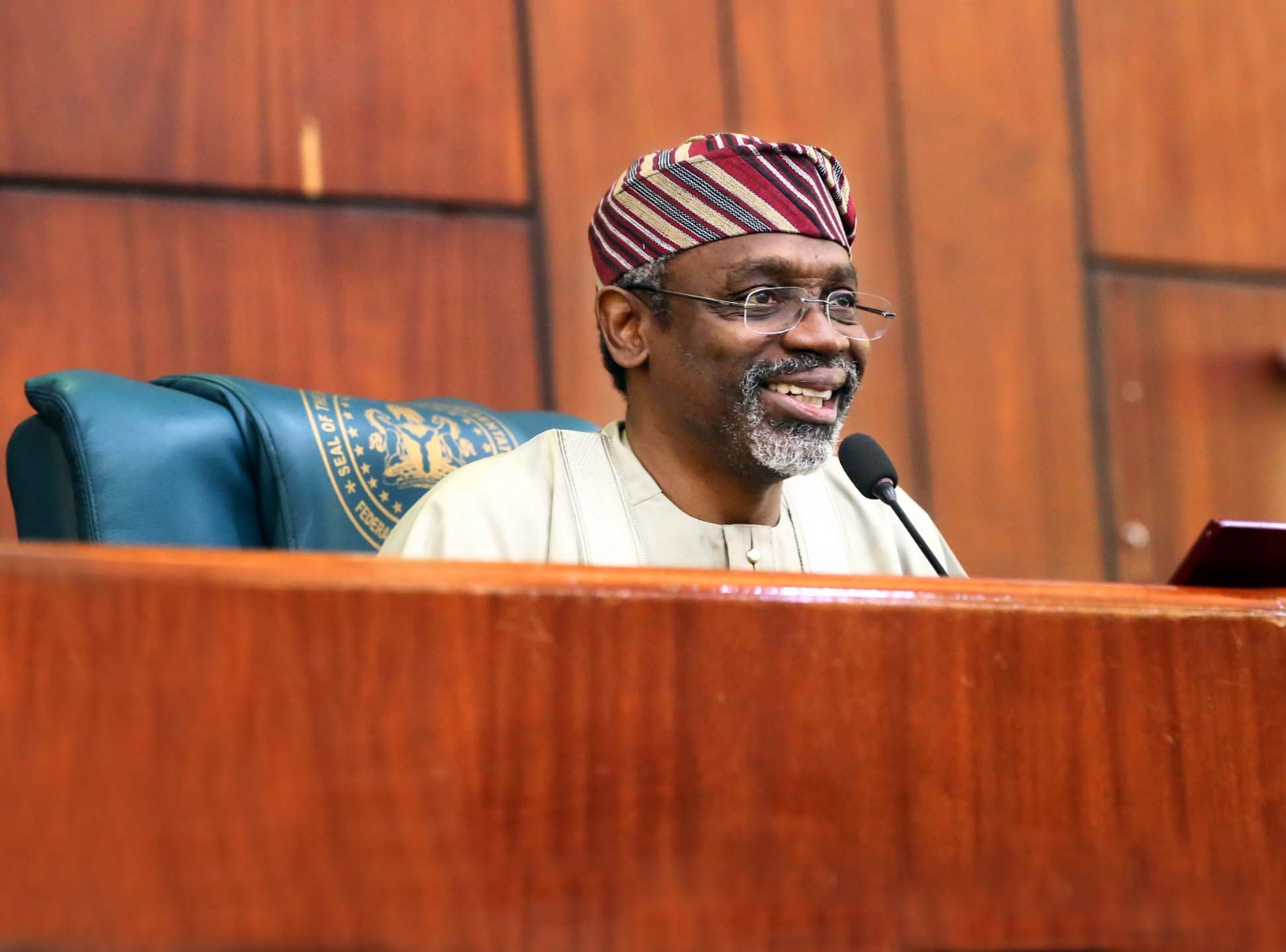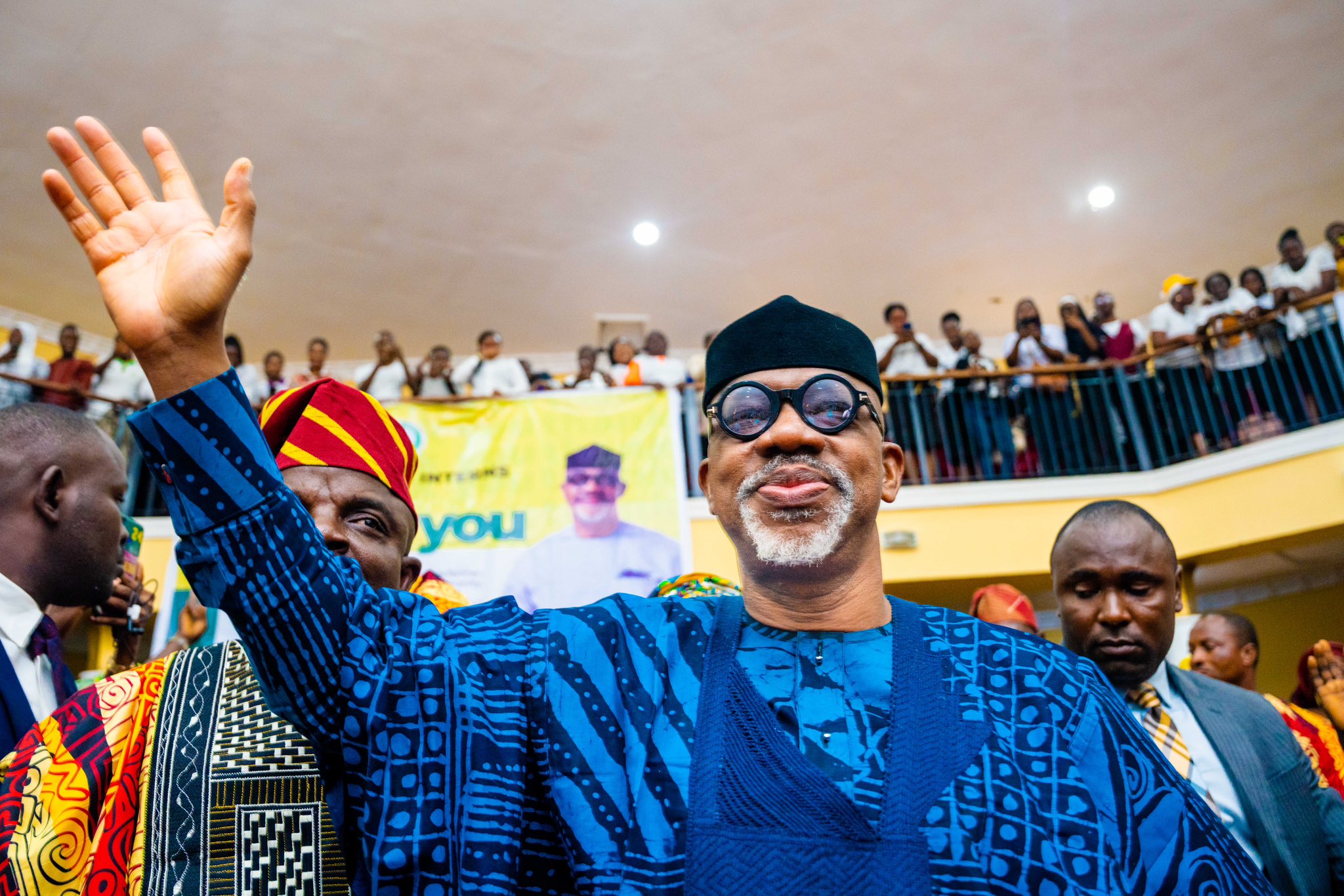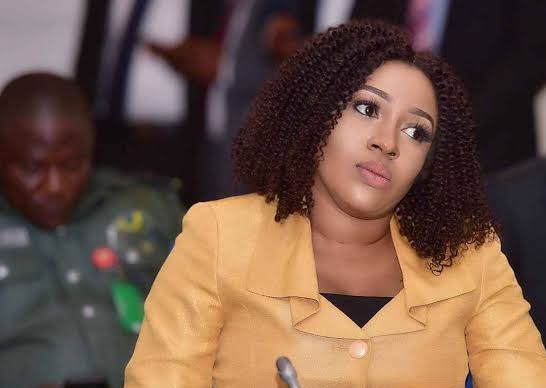BY SEGUN BENSON
The investigation led by special investigator Jim Obazee, appointed by President Bola Tinubu to probe the CBN, has stirred significant interest. Although the final report remains undisclosed, fragments of the ‘findings’ have surfaced in the media, fueling various interpretations of the report.
While it’s within the President’s purview to order a probe into government agency activities, questions linger regarding the motives and timing of this ‘special investigation.’ Recall the former CBN governor’s arrest under unclear circumstances shortly after President Tinubu assumed power. Initially arrested without a clear cause, later, charges of illegal firearm possession and terrorism financing were levelled against him.
During the governor’s detention, the government began seeking evidence for prosecution and appointed Jim Obazee as a special investigator to uncover incriminating evidence against the former CBN head. Speculations abound that Godwin Emefiele’s real offense was his involvement in the Naira re-design policy, potentially undermining Bola Tinubu’s presidential aspirations.
Amidst this scrutiny and perceived witch-hunt, the issue of “Ways and Means” advances provided by the CBN to the federal government surfaced. Allegations of illegal advances were raised, despite the fact that the former president had duly authorized these advances.
Advertisement
While resorting to Ways and Means to address urgent government expenditures isn’t illegal, the law stipulates its retirement within a year. However, exceptional circumstances leading to the initial need for Ways and Means advances must be considered.
Oil prices plummeted in 2014 and didn’t recover until 2022, coinciding with a surge in crude oil theft, with nearly 50% of the country’s production stolen. This drastically reduced government revenue, necessitating actions to keep the government financially afloat amid potential economic repercussions.
The government’s limited options to meet financial obligations were narrowed down to Ways and Means Advances, acquiring more loans, or raising taxes—each posing substantial burdens on the impoverished populace. To prevent further hardship, the government opted for the first two choices, including Ways and Means Advances.
Advertisement
Failure to retire the Advances within a year stemmed from prolonged low revenue due to extensive crude oil theft and persistently low oil prices during that period.
During the 2017-2018 recession, President Buhari stressed the need to “spend our way out of recession.” This highlighted the necessity of resorting to Ways and Means advances as the most affordable and least burdensome means of funding to navigate the recession.
Securitizing the Ways and Means instrument by the previous administration mirrored an economic ‘Doctrine of Necessity,’ vital in keeping the country afloat and steering it out of recession amidst dwindling revenue.
The report insinuated that the N23 trillion in question was advanced within a year and largely misappropriated, whereas, in reality, these funds were disbursed over seven years, financing government activities.
Advertisement
This raises the crucial question: What was the genuine motive behind the report and the purported indictment of the former custodians of the nation’s economy, who grappled with arguably the most challenging period in our history, necessitating extraordinary measures to stabilize the country and pull it out of recession?
Benson, an economic analyst, wrote in from Lagos.
Views expressed by contributors are strictly personal and not of TheCable.
Add a comment






